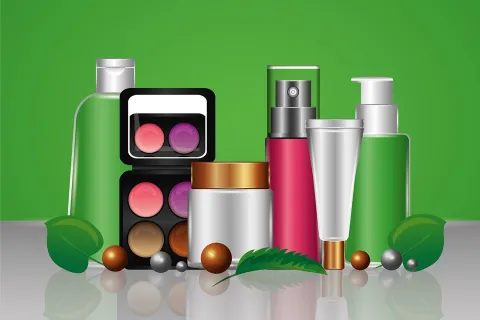
New Zealand's cosmetic industry is dynamic, offering a wide range of beauty and personal care products to consumers. To ensure consumer safety and product efficacy, robust regulations and standards are in place. Understanding the cosmetic Regulatory scenario in New Zealand is essential for manufacturers, importers, and consumers.
Environmental Protection Authority (EPA) oversees cosmetics in New Zealand. The Cosmetic Products Group Standard, issued under the Hazardous Substances and New Organisms Act 1996, outlines the Regulatory framework. Under this Standard, cosmetic products must meet certain criteria before they can be legally sold in the country. The key elements of the Standard include ingredient safety assessments, labeling requirements, and manufacturing practices. Manufacturers are responsible for ensuring that the ingredients used in their products are safe for their intended use. This involves conducting thorough safety assessments and adhering to any restrictions on certain ingredients.
Labels on cosmetic products must be clear, accurate, and easily understood by consumers. Ingredients must be listed in descending order of weight, and any potential allergens must be highlighted. Manufacturers are also required to provide contact information for consumers to report adverse reactions.
New Zealand acknowledges international standards, and many cosmetic manufacturers adhere to Good Manufacturing Practices (GMP) to ensure product quality. While not mandatory, GMP helps maintain consistency and safety in the manufacturing process.
To enhance regulatory compliance, the Cosmetic Toiletry and Fragrance Association of New Zealand (CTFA NZ) serves as a valuable resource for industry players. The association provides guidance on Regulatory requirements, industry trends, and best practices.
In conclusion, the cosmetic Regulatory landscape in New Zealand is designed to uphold consumer safety and product quality. Manufacturers must adhere to the Cosmetic Products Group Standard to ensure that their products are safe, properly labeled, and manufactured to high standards.
Partnering with an experienced service provider like Freyr can help simplify the process and navigate the complex cosmetics Regulatory landscape in New Zealand!









